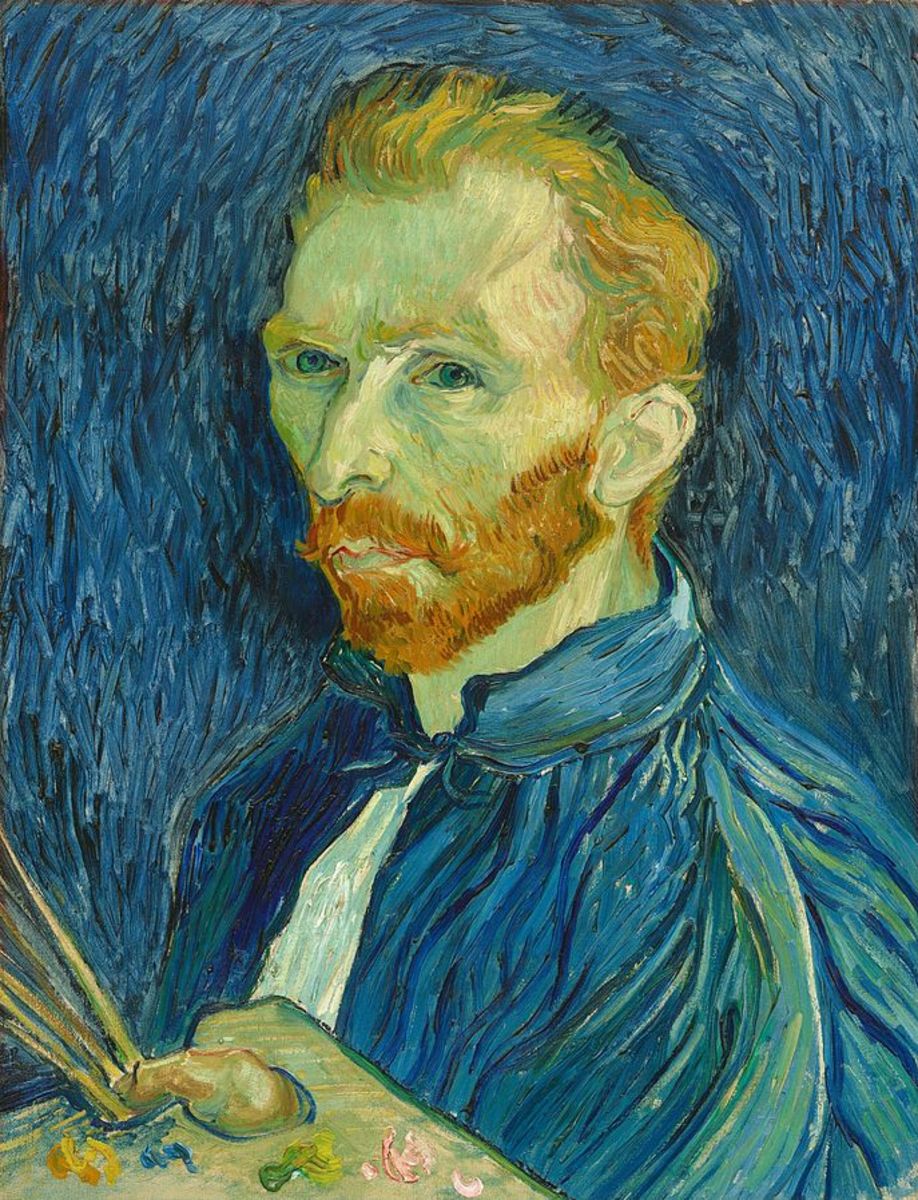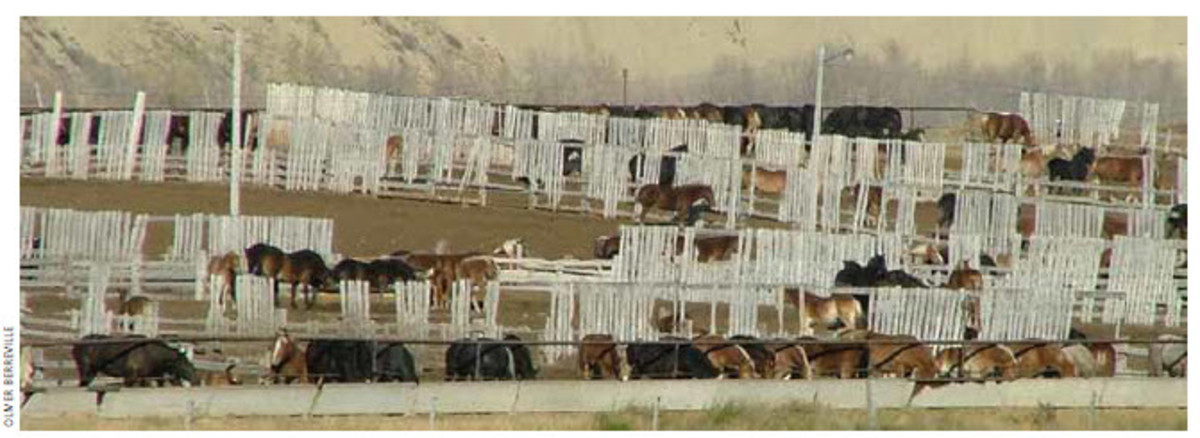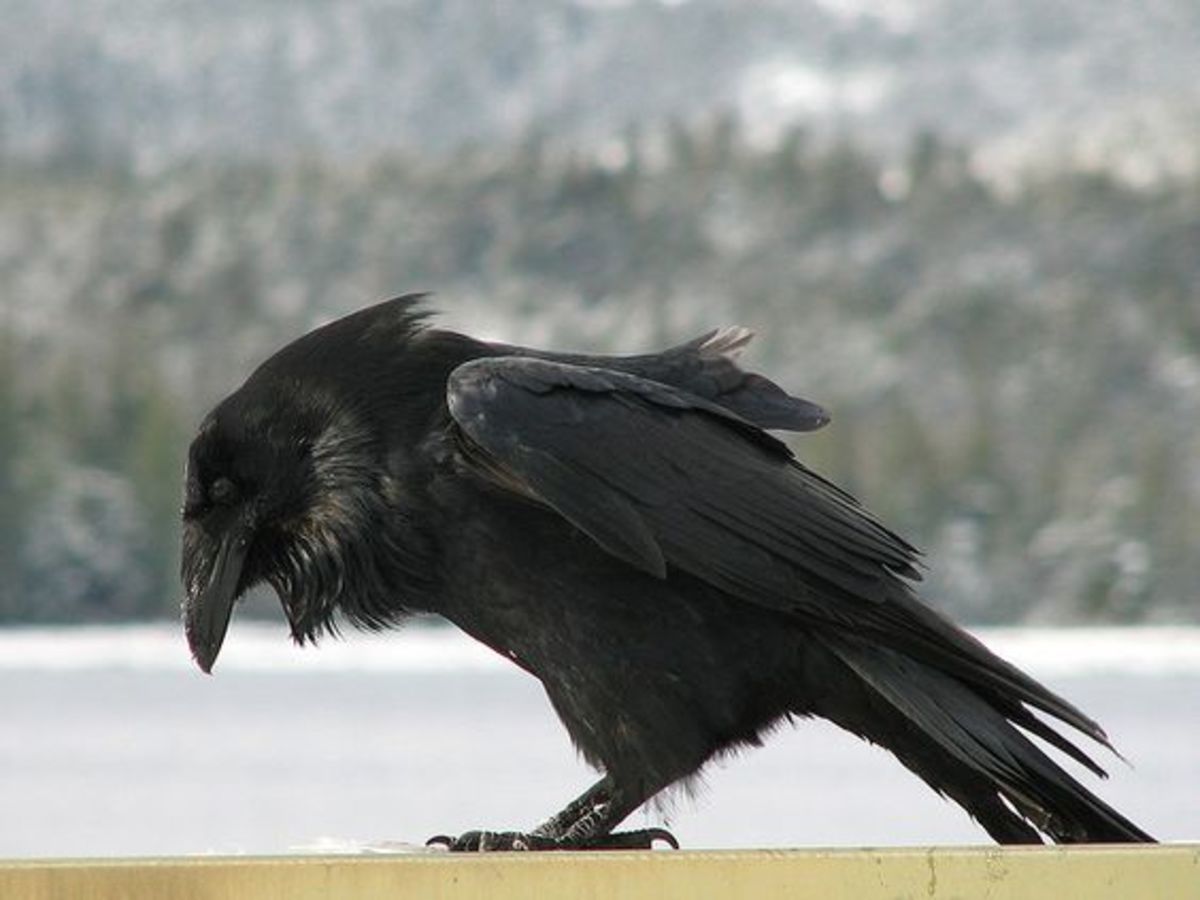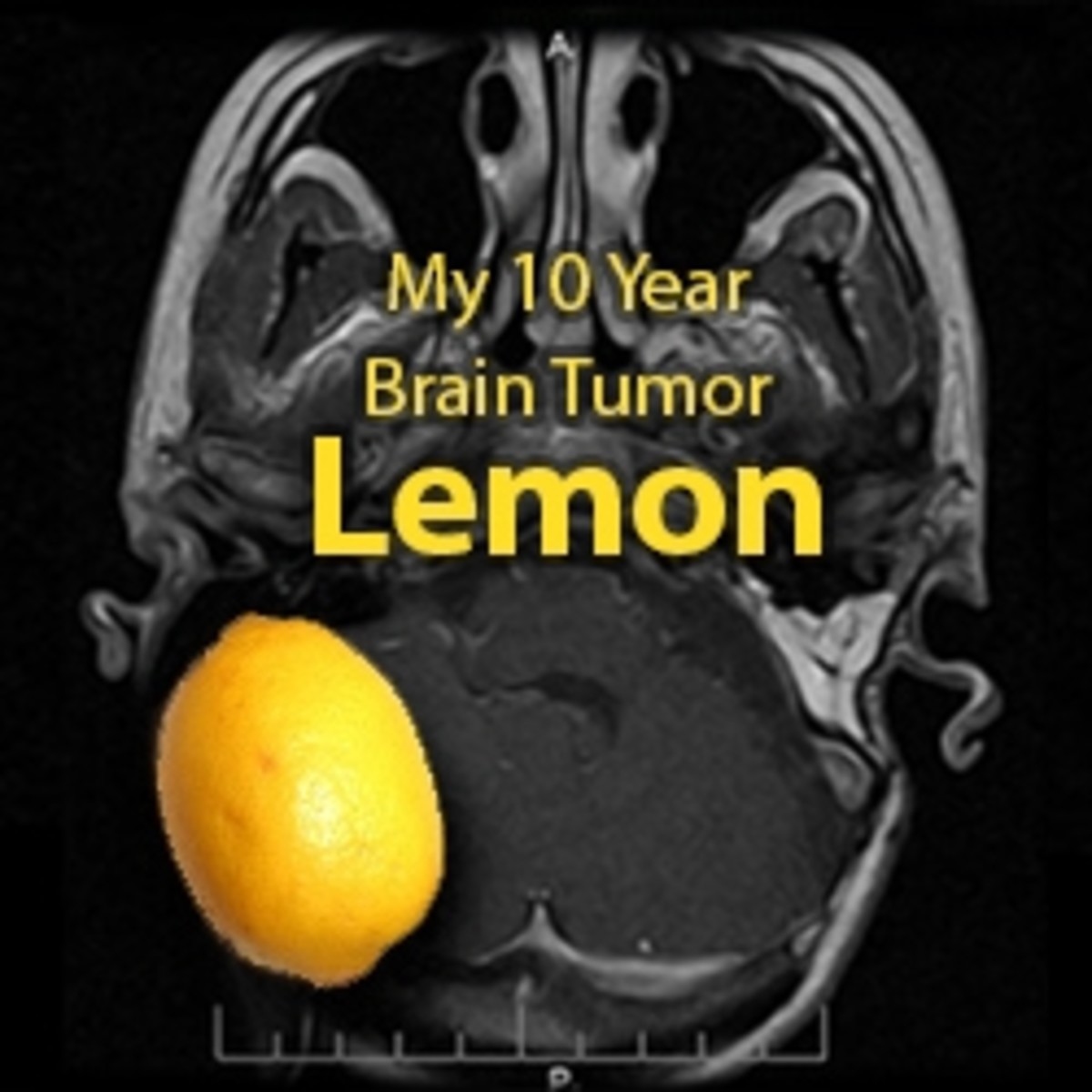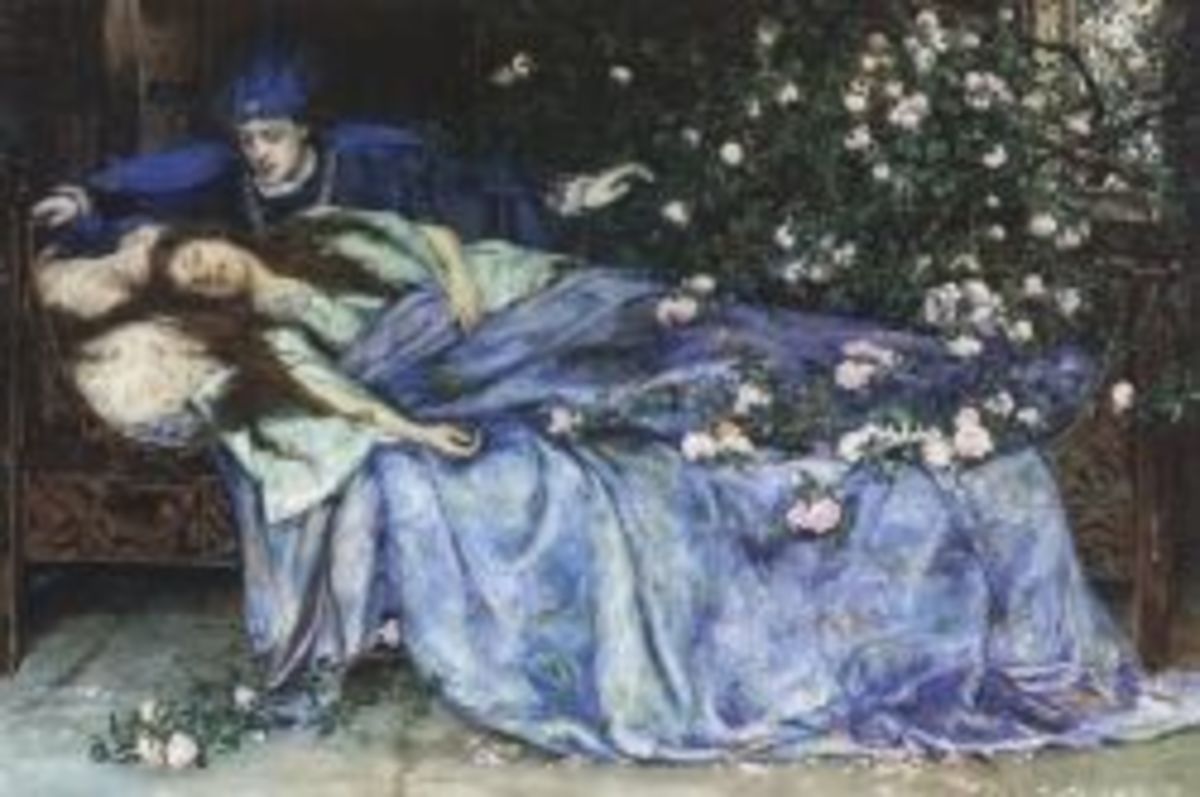Is it Plagiarism?
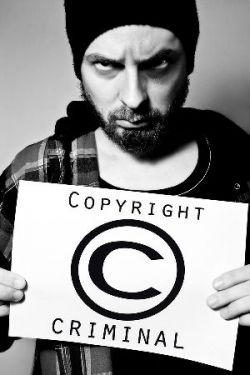
How do I know if I'm plagiarising?
If you have to ask if you're plagiarising, then you most probably are plagiarising.
Intentional thieves, fraudsters and cold blooded scammers know perfectly well what they are doing, but there are some people who have literally no idea that plagiarism is wrong, or even what plagiarism is.
Plagiarism is using someone else's words, sentences, or ideas and passing them off as your own without giving credit to the original source.
The word plagiarism is from Latin, and you can understand the significance if you look at the meaning the ancient Romans gave to plagiarus. It meant to plunder, to loot, or to kidnap.
Let's be clear. When it comes to creating a hub, plagiarism and copyright violations are against the HubPages User Agreement
Terms of Service
Required Reading
It's easy to skip pages like this when you sign up for a publishing service such as HUbPages. If you haven't already read the TOS, please take time to do so. It could save you a lot of bother in the end.
The relevant paragraph :
- You may only use Hub Content to which You have the necessary rights, including (but not limited to) intellectual property rights regarding copyright, trademark, and trade secrets. This means, among other things, that You must have permission to use third party content from the content owners.
.
Plagiarism and Copyright
Are they the same?
Plagiarism is taking the writings or ideas of someone else and publishing them as your own . It's pretending that you are the author or creator. Plagiarism is the ACT.
Copyright is the legal protection provided by international law to the authors of "original works of authorship" in any medium of expression. Copyright is the PROTECTION.
Acknowledging the source of the copyrighted material does not substitute for obtaining permission.
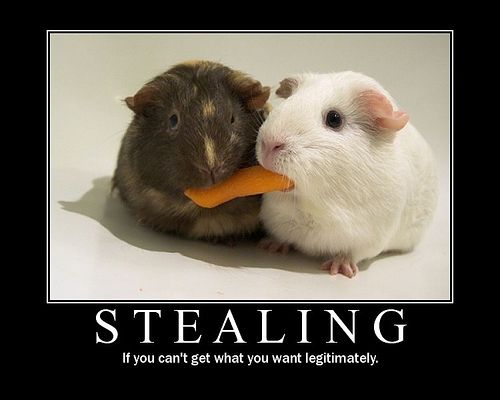
Copyright Violation
Online doesn't mean it's in the Public Domain
These days, almost all things are copyrighted the moment they are written, and no copyright notice is required.
Anything which is published online is not granted to the public domain, and you don't have any permission to copy it .... If it's online it's protected by copyright
Fair use is a complex doctrine meant to allow certain valuable social purposes. Ask yourself why you are republishing what you are posting and why you couldn't have just rewritten it in your own words.
From 10 Big Myths about Copyright Explained, by Brad Templeton
What does Fair Use mean?
Can't I quote someone?
Fair Use is generally defined as Reproduction of short excerpts from a copyrighted work for educational or review purposes. And this is where the problem lies. What's a short excerpt? The distinction between fair use and infringement is very unclear as there is no specific number of words, lines, or notes that may safely be taken without permission.
Fair Use is a concept that needs your common sense. If you're writing a review of a book, for example, it's common practice to quote small sections of text to illustrate a point.
Acknowledging the source of the copyrighted material does not substitute for obtaining permission.
From the US Copyright Office May, 2009
The 1961 Report of the Register of Copyrights on the General Revision of the U.S. Copyright Law cites examples of activities that courts have regarded as fair use: ..
"quotation of excerpts in a review or criticism for purposes of illustration or comment; quotation of short passages in a scholarly or technical work, for illustration or clarification of the author's observations; use in a parody of some of the content of the work parodied; summary of an address or article, with brief quotations, in a news report; reproduction by a library of a portion of a work to replace part of a damaged copy; reproduction by a teacher or student of a small part of a work to illustrate a lesson; reproduction of a work in legislative or judicial proceedings or reports; incidental and fortuitous reproduction, in a newsreel or broadcast, of a work located in the scene of an event being reported."
Does your work include a summary, or brief quotations, is it a news report?
The easiest way to comply with Fair Use regulations is to use as little as possible and only when it's really necessary. Do you really have to quote more than one line of text?

A Common Misconception
I'm not pretending I made it ...
One common misconception is that if you credit the original author when publishing work elsewhere, you are not plagiarising or violating copyright laws.
Suppose you're not pretending that the work is your own? Although you're not plagiarising, it's still a violation of copyright laws if you don't have permission to reproduce it..
Copyright protects the intellectual property of the creator. Copying or plagiarising someone else’s work is theft
FAQ : Are recipes copyright?
In essence, Recipes are not copyright.
Under global copyright law, a list of instructions or method are not copyrightable. But it is important to note the points below.
A list of ingredients is not able to be protected by copyright
The exact wording for a method / or a personal description can be protected by copyright if it is deemed to be 'unique'
Photos not taken by you are Copyright
Recipe Copyright USA 2010 explains ..
Copyright law does not protect recipes that are mere listings of ingredients. ...Copyright protection may, however, extend to substantial literary expression-a description, explanation, or illustration, for example-that accompanies a recipe or formula or to a combination of recipes, as in a cookbook"
It's plain common sense to know that you can't copy the words of someone who is chatty about their Method as, for example, some celebrity chefs, It's plain common sense that when you know nothing about a recipe, you can't copy it.
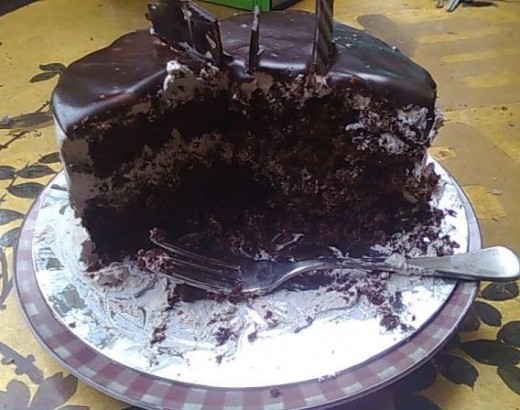
How to Write your Own Recipe
You can't copy a recipe - but you can do something better..
So you found a great recipe online and you want to make a blog post or create a hub about it. The best thing to do is to try that recipe yourself. Now you can write it up! You have your own experiences to talk about in the Method.
Link to the actual url of where you found that recipe, explaining this is what inspired you. Fabulous! After reading your page I'll probably want to try this recipe myself..
Make it original
What to do as a Writer
The easiest way to avoid plagiarism is to write your own original content.
You don't have to be Shakespeare to write in your own words. Fortunately for readers, we tend to write in simple English on the web, as not many of us have the time, or the inclination, to read an academic paper we chanced across while surfing.
As writers, we are continually engaged with ideas. We read about things which call our attention, we discuss them with friends and family, we google for more information and we end up incorporating those ideas which piqued our interest into our own writing. As a result, it's very important that we give credit where it is due.
Plagiarism is using others' ideas and words without clearly acknowledging the source of that information. Suppose you learned something new, perhaps you found it through a search engine, or from a book, then you should explain where you found it.
It's pretty simple. Ask yourself, "Would I know this if I hadn't read it on that website ?"
If the answer is no, then you must list the source.
Stay within the Law
Use your own ideas, research and words as much as possible.
Never use someone else's work without giving the original author credit.
The Legal Facts in Plain English

Useful Links
- Ten Big Myths of Copyright Explained
A very easy to read, clear explanation of common misconceptions of Copyright - Website Copyright
* Specialized information for webmasters, musicians, moviemakers, screenwriters, programmers and photographers. * General copyright information for educators, students, web-surfers, re-mixers, mash-uppers and confused citizens. - Plagiarism.org
Online resource for people concerned with the growing problem of internet plagiarism. This site is designed to provide the latest information on online plagiarism - Australian Copyright Council
Information Sheet (PDF) on User-generated content & Web 2.0 websites - US Law on Fair Use
Factsheet on fair use of copyrighted works. - Copyright on the Imternet
For several years, copyright notice has not been required in the U.S.
© 2009 Susanna Duffy


